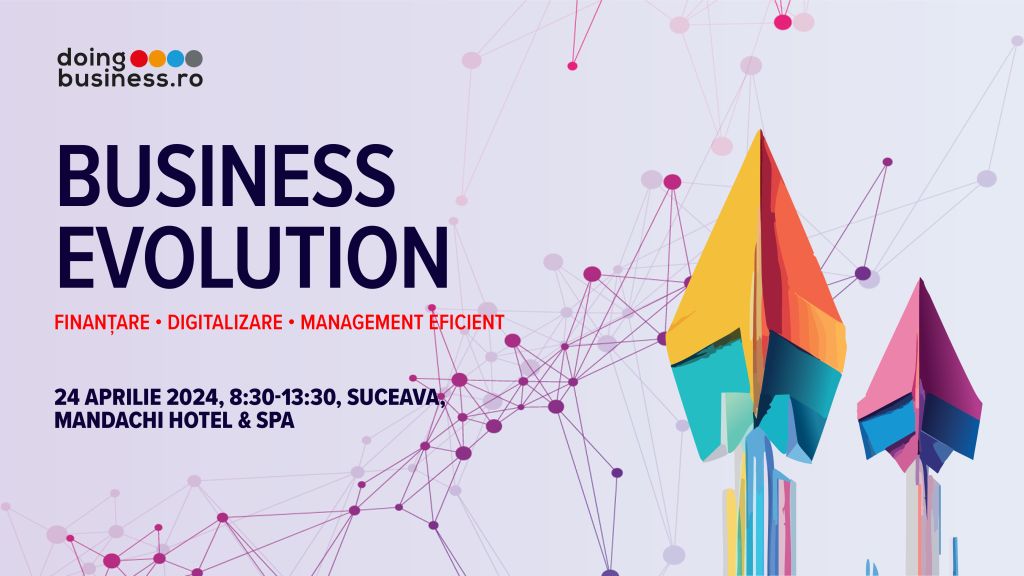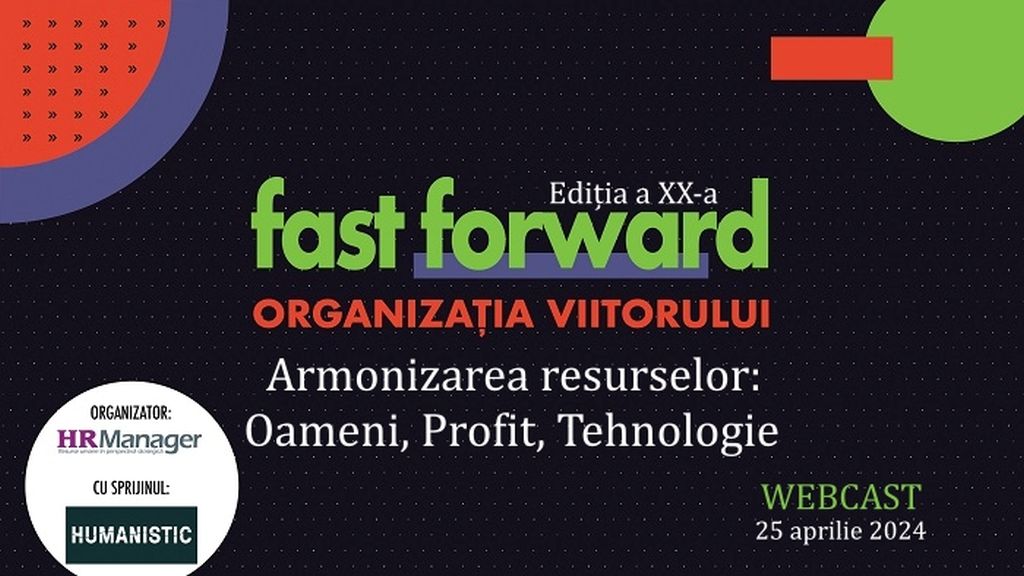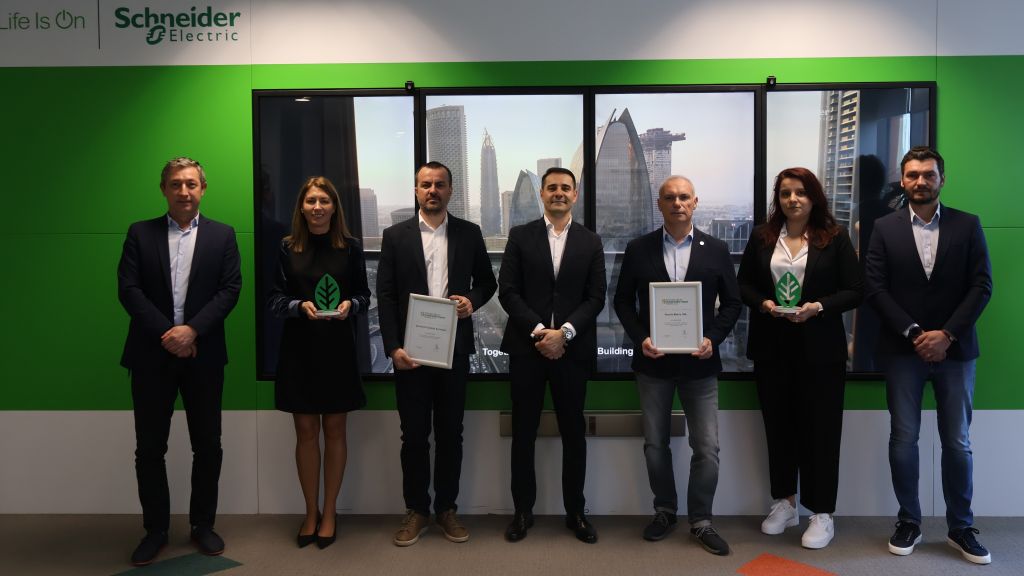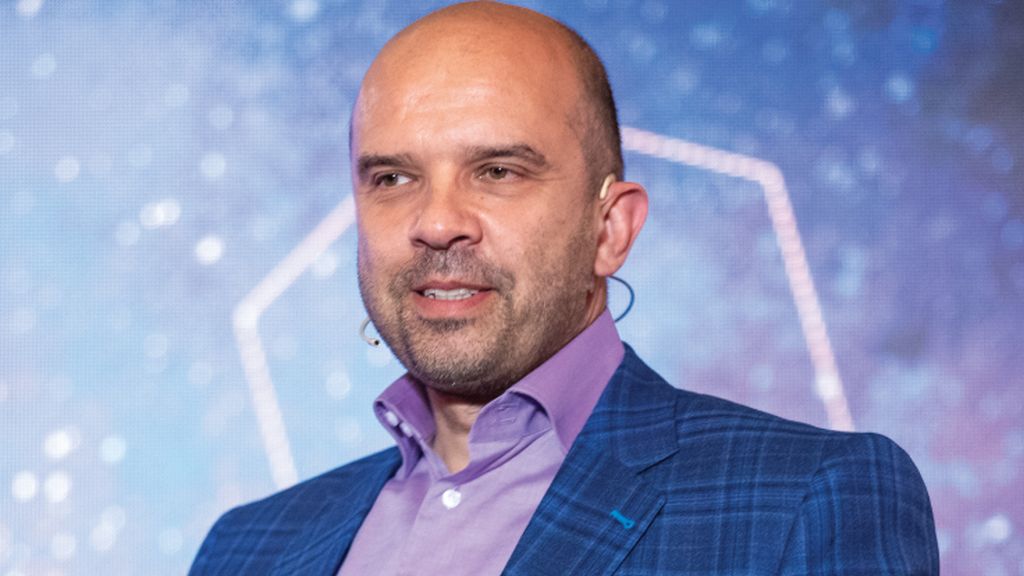The formation of the autonomous teams is not a new idea but has a history that goes back 50 years ago. This quest has set a solid foundation for configuring what we call today agile organizations comprising multidisciplinary teams of 8 to 10 people who take responsibility for the various outcomes and make their own decisions to achieve goals. Companies adopting this operating model respond quickly to market opportunities and changes in consumer demand. That's why 80% of the teams that adopted this methodology reported an increase in performance.
Traditional companies compete with these agile companies but also with themselves. The past forces them to be in the top but also hinders their performance if they continue to work on the same management principles.
Conversely, converting the traditional companies to an agile operating model is necessary if they want to be competitive. Transforming a manager from a traditional company into an agile manager is not easy. This transformation requires the fulfillment of three specific roles: 1. Resources and People Manager, 2. Value Generator, and 3. Implementation Planner.
1.The role of Resources and People Manager
This role partly corresponds to the functional role of traditional organizations. The manager deals with hiring or firing, developing, evaluating and promoting people as well as designing tools, methods and ways of working. Assign the appropriate people to the relevant teams based on their expertise and demonstrated competence.
For the sizing of the role within the framework defined by the three specified roles, the Agile Manager is responsible for the operational part of the activity. In this role, the Manager does not tell the team what to do but how to do. From this role the Manager does not assign tasks or set priorities. Instead, the Agile Manager guides and explains the most appropriate approach, aligned with specifications, and provides the resources to reach the goal. Such a Manager does not micro-manage or supervise, but collects feedback from everyone involved in the project to calibrate the evaluation and the most appropriate coaching approach.
2. The role of Value Generator
From this role, an Agile Manager focuses on money and on delivering value to the consumer. He is the equivalent of the Manager of a business unit or a product line of traditional companies. In this role, the Agile Manager accesses the resources and aligns these with the goals of the team, sets priorities and objectives and requires the necessary functional resources to achieve them.
The Manager is centered on generating value, growth and meeting customer requirements. It designs the best strategy for achieving business goals, prioritizes activities and opportunities. It has the responsibility of profitability - that's why its vision of resources is transversal and integrative. The breadth of the role brings it closer to the qualities required for a general manager able to connect people beyond the departments where they are assigned and to give decision-makers to those responsible for the product to coordinate according to objectives, priorities and activities.
3. The role of Implementation Planner
In this role, the Agile Manager acts as a team leader. Planning and coordinating execution, but also coaching and inspiring colleagues. From this role an Agile Manager builds a cohesive team, reports the execution status and provides feedback to the resource manager and the people about the team members' activity. This role can be formal or informal, and the person who has it can always be different from one project to another. For many managers, this role can be a trampoline for role as a value generator as they have remarkable results.
In conclusion
Today companies are going through accelerated transformations. Value is no longer the result of a zero-sum game. Companies no longer earn to the detriment of competitors, stop keeping consumers captive through complicated commercial term, and do not hold bloody negotiations with suppliers in the interest of shareholders. The transition to a mentality that is favorable to the abundance of opportunities and resources is made through collaborative value creation, along with all the actors involved. People do not have to be obsessively managed because they do not do the right thing, but they should be made responsible and given decision-making power to become involved, to support one another and to generate exceptional solutions and results.






























